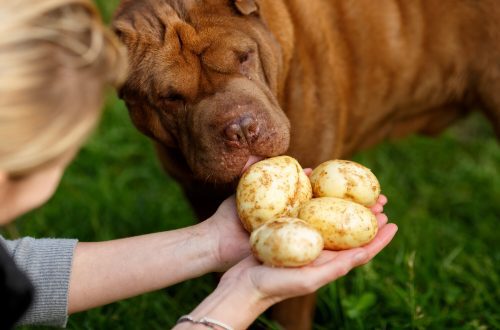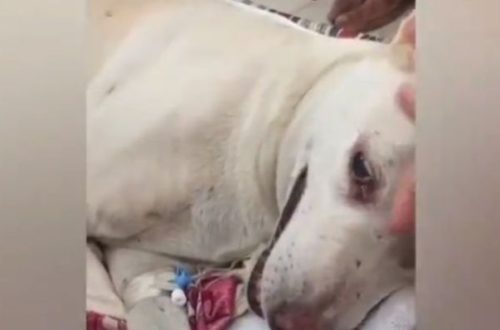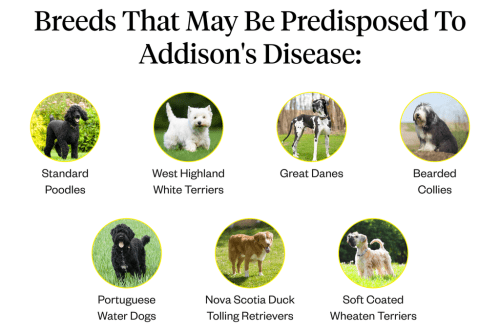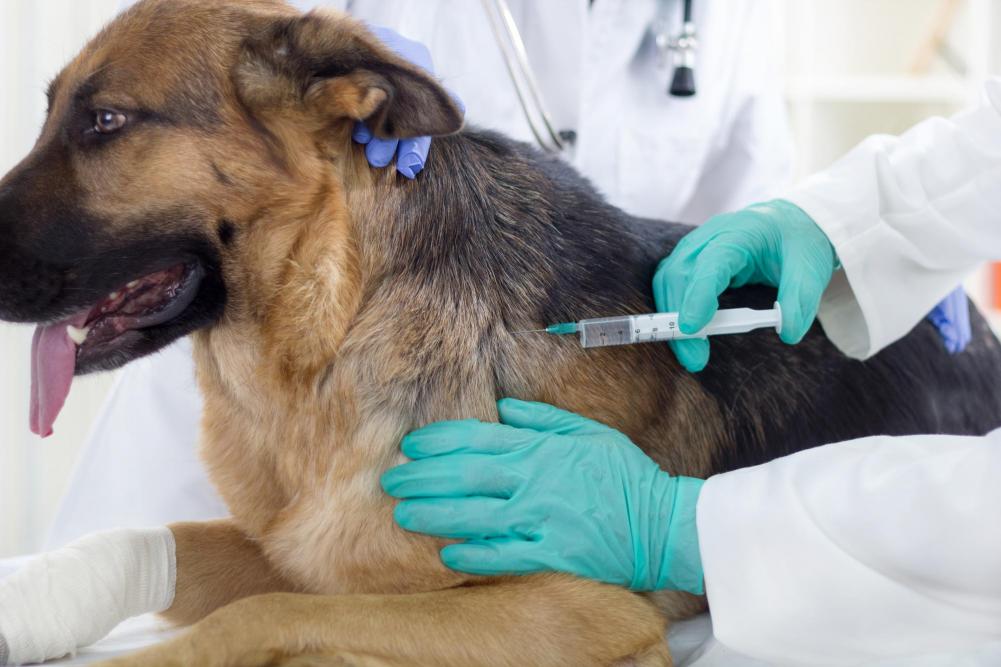
Вакцынацыя хатніх жывёл
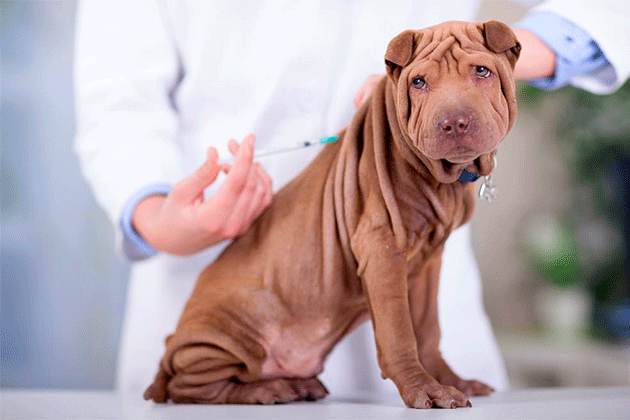
Vaccination is the prevention of infection of animals with various infectious diseases. Some of them are species-specific, while others are dangerous to humans. The vaccine promotes the formation of temporary immunity in the animal to a specific infection. The vaccine contains weakened or non-living pathogens, which, after entering the animal’s body, cause an immune response in the form of antibody production. Find out what the procedure and rules for vaccination are!
Vaccination is the prevention of infection of animals with various infectious diseases. Some of them are species-specific, while others are dangerous to humans. The vaccine promotes the formation of temporary immunity in the animal to a specific infection. The vaccine contains weakened or non-living pathogens, which, after entering the animal’s body, cause an immune response in the form of antibody production.
змест
Vaccination rules
- All animals should be immunized, whether they have access to the street or never leave the house.
- Only animals without signs of disease are vaccinated; in the presence of diseases, vaccination is postponed until the animal recovers.
- It is recommended to carry out deworming 10-14 days before vaccination, parasites weaken the immune system, and antibodies may be produced little, and vaccination will be ineffective.
- Introduction subcutaneously or intramuscularly, depending on the type of vaccine.
- Animals during the primary vaccination are in strict quarantine, walking on the street, communication with other animals, hypothermia is not allowed. With a planned annual vaccination, the animal can be walked, but communication with potentially unvaccinated and orphan animals, long training and physical activity should be limited, and hypothermia should be prevented.
There are monovalent vaccines (against one disease) and polyvalent vaccines (against several diseases at once). The dose does not depend on the size of the pet. The vial contains the minimum amount of the drug, which is necessary for the development of immunity. It is better to draw up a vaccination schedule with the doctor, as it may vary depending on the epizootic state of the area, planned trips and matings. For traveling around Russia by car or train, a veterinary passport is most often sufficient, it should contain marks on vaccinations, treatments for ecto- and endoparasites (fleas, ticks, helminths), for trips outside the country, you need to issue a veterinary certificate (read the article about preparing your pet for travel). Passport must be issued in advance, at least a month before the intended transportation. If you have never vaccinated your pet, then you will need to protect your pet from rabies by getting vaccinated, as this is a mandatory requirement. It often happens that in order to travel abroad, a dog must be microchipped, this is also noted with the chip number in the veterinary passport. Vaccination does not provide 100% protection against infections, however, a sick animal can carry a mild infection.
Вакцынацыя сабак
Puppies are vaccinated twice, from 4-8 weeks of age, with mandatory revaccination after 3-4 weeks. Further vaccination is done annually. If the vaccination status is unknown or the dog has been left unprotected for the last three years, then they are vaccinated according to the primary vaccination scheme – twice, like a puppy. Dogs are vaccinated with complex polyvalent vaccines (with different composition, depending on the preparation) against parvovirus enteritis, adenovirus infection, canine distemper, parainfluenza and leptospirosis, less often against coronavirus enteritis, and a separate vaccine against rabies. There is also a vaccine against pathogens of infectious tracheobronchitis Nobivak KS, it is administered intranasally every six months. The main drugs in Russia: Nobivak, Eurikan, Vanguard, Kanigen, Multikan.
Вакцынацыя кошкі
Cats are vaccinated from 8-9 weeks, followed by revaccination after 3-4 weeks. Cats are vaccinated against panleukopenia, rhinotracheitis, calicivirus, less often against chlamydia. There is also a separate rabies vaccine. The main vaccines in Russia: Nobivak, Purevax, Felocel, Multifel.
Ferret vaccination
Ferrets are vaccinated against leptospirosis, rabies and canine distemper. The rules are the same as for dogs. First vaccination at 2 months, revaccination after 3-4 weeks. Before vaccination, helminth treatment is required, for example, Dirofen suspension or paste for ferrets and rabbits. Since there are no vaccines specifically for ferrets in Russia, they are vaccinated with vaccines for dogs.
Rabbit vaccination
Rabbits are vaccinated from 1,5 months of age against myxomatosis and rabbit hemorrhagic disease virus, for which treatment has not been developed, less often additionally against pasteurellosis, listeriosis and rabies. From the latter, they are vaccinated no earlier than 2,5 months. The combination vaccine against myxomatosis and VHD requires a repeat after 3 months and provides protection for nine months. It is enough to vaccinate against rabies once a year. Before the procedure, the animal also needs to be treated for helminths, for example, Shustrik or Dirofen. Other types of vaccines for rabbits against dermatophytosis, smallpox, and other diseases have not proven their effectiveness in long-term studies.
Пасля вакцынацыі
Also, after the administration of the drug, the pet may experience lethargy, refusal to feed, vomiting or diarrhea once, which pass on their own. A swelling may form at the injection site, which disappears within a month. In case this does not happen, it is better to consult a doctor. In the veterinary clinic, a sticker of the vaccine is pasted into the veterinary passport of the animal, the date, seal and signature of the doctor are put.



